In the dynamic and ever-expanding landscape of information technology, professional certifications serve as the universal language of expertise, validating skills and unlocking career opportunities. For aspiring and established IT professionals alike, the choice of which certification path to pursue is one of the most critical decisions they will make. Two of the most respected and influential names in the industry, CompTIA and Cisco, stand at a crossroads for many, each offering a distinct philosophy and a proven track record of career advancement. The question is not simply which is better, but which is better for you—your career stage, your long-term ambitions, and the specific demands of the 2025 job market.
This comprehensive analysis will dissect the CompTIA and Cisco certification ecosystems, moving beyond surface-level comparisons to provide a data-driven, strategic framework for your decision. We will explore their foundational philosophies, compare their flagship entry-level certifications, conduct an in-depth salary and ROI analysis, and project long-term career trajectories. The goal is to equip you with the nuanced understanding required to choose the path—or the strategic combination of paths—that will best serve as your launchpad to success.
Table of Contents
Vendor-Neutral vs. Vendor-Specific: The Foundational Difference
At the heart of the CompTIA versus Cisco debate lies a fundamental difference in philosophy that shapes every aspect of their certifications, from the knowledge they impart to the career paths they enable. Understanding this distinction is the first step in aligning a certification strategy with your personal and professional goals. It is a choice between building a universally applicable skillset and mastering a market-dominant technology stack.
The CompTIA Method: Building a Universal IT Skillset
CompTIA, the Computing Technology Industry Association, champions a vendor-neutral approach. This means its certifications are designed to teach core principles and best practices that are applicable across any hardware, software, or network environment.1 A CompTIA certification does not train an individual to be an expert on a Dell server or a Palo Alto firewall; it trains them to understand the fundamental concepts of server administration and network security that apply to all vendors’ products. This makes CompTIA-validated skills the “lingua franca” of IT, ensuring a baseline of knowledge that is portable and universally understood.
The strategic value of this approach is immense, particularly for those at the beginning of their careers. It acts as a form of career risk management. An IT professional holding a CompTIA certification can confidently apply for roles in a wide variety of organizations without being limited by a specific technology stack. Their skills are guaranteed to be relevant whether the company is an HP shop, a Microsoft Azure environment, or a multi-vendor enterprise. This flexibility is a key reason why CompTIA certifications, particularly Security+, are often a baseline requirement for government and defense contractor roles, which require a provable, standardized level of foundational knowledge.3 This path is ideal for individuals seeking a broad understanding of how different IT domains interconnect, a perspective essential for roles in IT auditing, consulting, or management in diverse technological landscapes.4
The Cisco Ecosystem: Mastering a Market-Leading Technology Stack
In contrast, Cisco’s certifications are vendor-specific, designed to validate deep, hands-on expertise within the world’s most ubiquitous networking and security infrastructure.1 Cisco has long been the market leader in enterprise networking hardware, and its certifications are a direct response to the immense global demand for professionals who can design, implement, operate, and secure Cisco-powered networks.
The strategic value here is one of specialization and direct market alignment. A Cisco certification is a clear signal to employers that a candidate possesses not just theoretical knowledge, but practical, applicable skills on the specific equipment that powers their business. This creates a highly efficient pipeline from certification to employment, as companies actively seek out individuals who can immediately add value to their Cisco infrastructure.4 The prestige of certifications like the Cisco Certified Network Associate (CCNA) stems from this direct applicability and a rigorous exam format that heavily tests practical, hands-on capabilities.3 For any individual committed to a career in network engineering, network security, or data center operations, the Cisco path offers a clear, structured, and highly rewarding trajectory.
Ultimately, the choice between these two philosophies reflects a strategic bet on one’s career. The CompTIA path is a low-risk, high-flexibility strategy that builds a durable foundation. The Cisco path is a higher-reward strategy that bets on specialization within a market-dominant ecosystem. However, as the IT landscape evolves towards hybrid, multi-vendor environments, the most valuable professional is often not an “either/or” candidate but a “both/and” one. The ideal modern IT professional is often “T-shaped,” possessing the broad, conceptual understanding validated by CompTIA (the horizontal bar of the T) and the deep, practical expertise in a specific technology validated by Cisco (the vertical stem of the T).
| Feature | CompTIA | Cisco |
| Core Philosophy | Vendor-Neutral: Focuses on universal concepts and skills applicable across all technologies. | Vendor-Specific: Focuses on deep expertise within the Cisco product and solution ecosystem. |
| Target Audience | Beginners, career changers, professionals seeking broad foundational knowledge. | Aspiring specialists, network engineers, professionals working in Cisco-heavy environments. |
| Key Advantage | Flexibility and skill portability across different employers and technology stacks. | Deep, practical expertise that is in high demand by the large number of organizations using Cisco. |
| Ideal For | Entry-level IT, cybersecurity foundations, government roles, multi-vendor environments. | Network engineering, network security, data center roles, and structured career progression. |
| Industry Recognition | Globally recognized as the standard for foundational IT and cybersecurity skills. | Globally recognized as the gold standard for networking and infrastructure expertise. |
Foundational Certifications: A Head-to-Head Comparison
After understanding the core philosophies, the next step is to examine the specific certifications that serve as the primary entry points into each ecosystem. A common point of confusion for newcomers is the distinction between “beginner-level” and “entry-level.” A true beginner-level certification assumes little to no prior experience, whereas an entry-level certification is often the first credential one earns within a specific specialization, and may assume some prerequisite knowledge or experience. This distinction is critical when comparing the foundational offerings from CompTIA and Cisco.
CompTIA’s “Trifecta” (A+, Network+, Security+): The Definitive On-Ramp to a Tech Career
CompTIA offers a sequence of core certifications, often called the “Trifecta,” that are designed to systematically build a comprehensive IT foundation.
- CompTIA A+: This is the quintessential beginner-level certification for those starting from scratch. It validates the essential skills needed for entry-level IT support roles and is considered the industry standard for establishing a career in IT.2 The certification requires passing two separate exams: Core 1 (220-1101), which covers hardware, mobile devices, networking, and virtualization; and Core 2 (220-1102), which focuses on operating systems, security, software troubleshooting, and operational procedures.1 The Cisco equivalent to the A+ is the Cisco Certified Support Technician (CCST).4
- CompTIA Network+: This certification is the next logical step, providing a robust, vendor-neutral foundation in networking. It is designed for individuals who want to understand core networking concepts without being tied to a specific vendor’s technology.2 The exam covers networking fundamentals, implementations, operations, security, and troubleshooting.4 Because of its comprehensive conceptual coverage, it is frequently recommended as a valuable precursor to more advanced, vendor-specific certifications like the Cisco CCNA, as it ensures the candidate has a firm grasp of the underlying principles before diving into a specific ecosystem.3
- CompTIA Security+: As the global baseline for cybersecurity knowledge, Security+ validates the core skills necessary for any cybersecurity role. It is an entry-level cybersecurity certification, but not an entry-level IT certification. CompTIA officially recommends that candidates have a Network+ certification and at least two years of IT administration experience with a security focus before attempting the exam.3 The exam covers a broad range of topics including general security concepts, threats and vulnerabilities, security architecture, and risk management.4
Cisco’s Entry Points (CCNA & CyberOps Associate): A Direct Path to Specialization
Cisco’s associate-level certifications are designed to launch individuals directly into specialized career tracks, assuming a baseline of IT knowledge.
- Cisco Certified Network Associate (CCNA): The CCNA is one of the most respected and sought-after certifications in the entire IT industry. It is the entry point for a career in network engineering. While there are no formal prerequisites, it is not for absolute beginners. Cisco recommends candidates have at least a year of experience implementing and administering Cisco solutions, along with a basic understanding of IP addressing and networking concepts.1 The single, comprehensive exam is significantly more intensive than the Network+, requiring an estimated 200-300 hours of dedicated study.2 It covers network fundamentals, network access, IP connectivity, IP services, security fundamentals, and, critically for the modern landscape, automation and programmability.4
- Cisco Certified CyberOps Associate: This certification is the premier entry point for a career in a Security Operations Center (SOC). Where Security+ provides broad, theoretical knowledge, the CyberOps Associate focuses on the specific, practical skills required of a SOC analyst. The exam validates a candidate’s ability in security monitoring, host-based analysis, network intrusion analysis, and understanding security policies and procedures.6 It is considered a direct counterpart to Security+ for those who know they want to pursue a hands-on, operational cybersecurity role from day one.7
| Certification | Primary Focus | Target Audience | Key Domains Covered | Exam Cost (approx.) | Recommended Study Time |
| CompTIA A+ | Core IT Support | Absolute beginners, aspiring help desk/desktop support technicians. | Hardware, OS, Networking, Security, Troubleshooting, Mobile Devices. | ~$250 per exam (2 exams) | 60-120 hours |
| CompTIA Network+ | Foundational Networking | Aspiring network admins, IT pros needing networking knowledge. | Networking Fundamentals, Implementations, Operations, Security, Troubleshooting. | ~$370 | 60-120 hours |
| CompTIA Security+ | Foundational Cybersecurity | Aspiring security analysts, admins; IT pros pivoting to security. | Threats & Vulnerabilities, Security Architecture, Operations, Risk Management. | ~$392 | 90-150 hours |
| Cisco CCNA | Cisco Networking & Automation | Aspiring network engineers, admins in Cisco environments. | Network Fundamentals, Network Access, IP Connectivity, Security, Automation. | ~$300 | 200-300 hours |
| Cisco CyberOps Associate | Security Operations (SOC) | Aspiring SOC analysts, incident responders, threat analysts. | Security Concepts, Security Monitoring, Host-Based Analysis, Intrusion Analysis. | ~$300 | 150-250 hours |
The Financial Equation: An In-Depth ROI and Salary Analysis for 2025
A primary motivator for pursuing any IT certification is the potential for increased earning power. However, salary data can be notoriously difficult to interpret. A single “average salary” figure is often misleading, as it fails to account for critical variables like experience, job role, geographic location, and the strategic combination of multiple certifications. A more accurate picture emerges when analyzing salary ranges tied to specific career milestones. The evidence clearly shows that while both CompTIA and Cisco certifications provide a significant return on investment, their financial trajectories differ in line with their core philosophies of generalization versus specialization.
CompTIA Salary Benchmarks: From Help Desk to Security Specialist
The CompTIA path provides a steady, incremental increase in earning potential as an individual acquires more foundational skills and experience.
- CompTIA A+ Holders: As the entry point into the industry, the A+ certification typically leads to roles like Help Desk Technician or IT Support Specialist. For professionals with 0-1 years of experience, the salary range is generally between $35,000 and $50,000 annually. The overall median salary for A+ certified professionals falls between $45,000 and $65,000. With several years of experience, this can grow to over $85,000 in senior technician or junior systems administrator roles.8
- CompTIA Network+ Holders: Adding the Network+ certification provides a significant boost. The average base salary for a Network+ holder is approximately $81,000.10 Job roles like Network Administrator can command salaries ranging from $55,000 for entry-level positions to over $120,000 for experienced professionals in high-demand markets.11
- CompTIA Security+ Holders: This is where the earning potential on the CompTIA path begins to accelerate dramatically. While entry-level security-focused roles may start in the $50,000 to $65,000 range, the overall average salary for a Security+ holder is frequently cited between $71,000 and $99,000, reflecting the high demand for cybersecurity skills and the rapid salary growth in the field.11 Mid-level roles that build upon a Security+ foundation, such as Cybersecurity Engineer, can command salaries well into the six figures, often in the $120,000 to $155,000 range.13
Cisco Salary Benchmarks: The Premium for Specialized Expertise
The Cisco path often starts at a higher salary baseline and offers a steeper trajectory, reflecting the market premium for specialized, hands-on skills with a dominant vendor’s technology.
- Cisco CCNA Holders: The salary potential for CCNA holders is substantial, though entry-level figures should be viewed realistically. A new CCNA holder can expect to start in the $50,000 to $70,000 range.14 However, the overall average salary is consistently reported much higher—from $84,000 to over $111,000.1 This higher average is heavily influenced by experienced professionals. For instance, a mid-career Network Engineer with a CCNA can expect an average of $87,000, while a Senior Network Engineer often earns over $117,000.17 Some reports from 2025 place the average for all CCNA holders in the U.S. as high as $112,333, but this data includes highly experienced professionals who hold an average of 11 total certifications, confirming that the CCNA serves as a powerful component of a larger, high-value skillset.18
- Cisco CyberOps Associate Holders: This certification provides a direct on-ramp to well-paying cybersecurity roles. Entry-level SOC Analyst positions for certificate holders typically fall within the $72,000 to $82,000 range.19 The broader salary data for professionals with “Cisco Cyber Ops” skills, which includes those with more experience, shows a much higher average of $122,108, indicating a strong and rapid upward mobility for those who start on this career path.20
The most powerful financial strategy, however, is not choosing one certification but “stacking” them. Data shows that combining certifications has a direct, quantifiable impact on salary. For example, an IT professional with an A+ who adds a Network+ can see a salary increase of $8,000 to $15,000. An A+ holder who adds a Security+ can expect a boost of $12,000 to $20,000.8 This demonstrates that the highest ROI comes not from a single credential, but from a thoughtfully sequenced certification plan that builds a multi-layered, in-demand skillset.
| Job Role | Associated Cert(s) | Entry-Level Salary (0-2 Yrs) | Mid-Level Salary (3-5 Yrs) | Senior-Level Salary (5+ Yrs) |
| IT Support Specialist | CompTIA A+ | $45,000 – $58,000 | $55,000 – $75,000 | $65,000 – $85,000+ |
| Network Administrator | CompTIA Network+ | $55,000 – $70,000 | $70,000 – $95,000 | $90,000 – $120,000+ |
| Cybersecurity Analyst | CompTIA Security+ | $55,000 – $92,000 | $90,000 – $125,000 | $120,000 – $155,000+ |
| Network Engineer | Cisco CCNA | $61,000 – $85,000 | $87,000 – $117,000 | $117,000 – $154,000+ |
| SOC Analyst | Cisco CyberOps Associate | $72,000 – $82,000 | $85,000 – $120,000 | $122,000 – $149,000+ |
Charting Your Future: Career Trajectories and Job Opportunities
A certification’s true value is measured by the career doors it opens. Both CompTIA and Cisco credentials align with roles that are projected to see significant growth. The U.S. Bureau of Labor Statistics projects that computer and information technology occupations will grow much faster than the average for all occupations, with about 317,700 openings projected each year through 2034.21 Market reports for 2025 emphasize a particularly high demand for talent in cybersecurity, cloud operations, and roles requiring automation skills—areas directly addressed by both certification paths.22
CompTIA-Powered Career Paths: Versatility Across the IT Landscape
The CompTIA path is defined by its versatility, providing a foundation that enables professionals to move fluidly across various IT domains as their interests and opportunities evolve.
- Typical Progression: The journey often begins with the CompTIA A+, leading to essential roles like Help Desk Technician, Service Desk Analyst, and Technical Support Specialist.1 From this starting point, a professional can specialize. Earning the
CompTIA Network+ opens doors to positions such as Network Administrator, Junior Network Engineer, and Network Support Specialist.10 For those drawn to defense, the
CompTIA Security+ is the gateway to roles like Cybersecurity Specialist, Security Administrator, and entry-level SOC Analyst.1 - Career Mobility: The key advantage of this trajectory is its inherent flexibility. A professional is not locked into a single vertical. An experienced systems administrator with A+ and Network+ can decide to pivot into cybersecurity by earning the Security+, leveraging their broad IT background to become a more effective security professional. This adaptability is invaluable in a rapidly changing industry.
Cisco-Powered Career Paths: A Structured Ascent in Networking and Security
The Cisco path offers a more structured, vertical progression, providing a clear ladder for those who are certain about their desire to specialize in networking or security operations.
- Typical Progression: The Cisco CCNA is the definitive starting point for a career in networking. It qualifies individuals for roles such as Network Administrator, System Engineer, and Technical Support Engineer, with a clear path toward more senior positions like Senior Network Engineer and, eventually, Network Architect.1 The Cisco certification program is explicitly tiered, designed to guide a professional from the Associate (CCNA) level to the Professional (CCNP) and Expert (CCIE) levels, with each tier representing a significant increase in expertise, responsibility, and salary.
- Career Structure: For cybersecurity, the Cisco CyberOps Associate provides an equally structured path. It leads directly into a Tier 1 SOC Analyst role, with a well-defined progression to Tier 2 and Tier 3 Analyst, Incident Responder, and Threat Hunter positions.19 This focused track is ideal for individuals who want to build deep, operational expertise within the high-demand field of security operations.
A crucial factor that demonstrates the forward-looking value of these certifications is how their curricula adapt to market trends. The 2025 job market reports consistently highlight automation and AI as transformative forces in IT.22 The modern Cisco CCNA curriculum directly addresses this by including a dedicated domain on “Automation and Programmability”.4 This is not an afterthought; it is a core competency. This proactive adaptation ensures that earning a CCNA in 2025 doesn’t just validate traditional networking skills but also equips professionals with the future-proof automation knowledge that employers are actively seeking.
The Hybrid Strategy: Combining CompTIA and Cisco for an Unbeatable Advantage
The preceding analysis makes it clear that the debate is not a simple zero-sum game. CompTIA and Cisco are not mutually exclusive competitors but complementary systems that, when combined, create a professional skillset far more valuable than the sum of its parts. The most strategic and resilient career path is not “either/or” but a thoughtfully sequenced hybrid approach that builds the ideal “T-shaped” professional.
The Power of Stacking: Why a Foundational Layer is Crucial
Starting with a CompTIA certification before pursuing a more advanced Cisco credential is a powerful strategy that de-risks the investment of time and money while building a more well-rounded professional.
Embarking directly on the CCNA can be a daunting task for someone with limited networking experience. The exam is comprehensive and difficult. By first earning the CompTIA Network+, a candidate builds a solid, vendor-neutral conceptual framework. They master the “why” behind networking principles before diving into the Cisco-specific “how”.2 This foundational knowledge not only makes the challenging CCNA curriculum more approachable but also results in a more capable engineer—one who can troubleshoot complex problems by reasoning from first principles, not just by memorizing Cisco commands. This approach is explicitly recommended by many training experts and institutions.3
Similarly, a network engineer with a CCNA who also holds a CompTIA Security+ possesses a much deeper and broader understanding of security principles. They can configure a router or a switch not just for performance, but with a keen awareness of the security implications of every decision. This combination is highly sought after for roles like Network Security Engineer and is directly reflected in higher earning potential.8
Actionable Hybrid Pathways for Top IT Roles
Translating this strategy into practice involves creating a clear roadmap that sequences certifications to align with specific career goals. The following pathways represent proven models for success in the 2025 IT job market.
| Career Goal | Recommended Path (Sequential) | Why This Path Works |
| Network Engineer | 1. CompTIA Network+ -> 2. Cisco CCNA -> 3. CCNP Enterprise | Establishes a strong, vendor-neutral networking foundation (Network+) before diving into the deep, practical skills of the Cisco ecosystem (CCNA), creating a more knowledgeable and effective engineer. |
| Cybersecurity Analyst (SOC) | 1. CompTIA Network+ -> 2. CompTIA Security+ -> 3. Cisco CyberOps Associate | Builds a comprehensive understanding of networking and security principles (Network+, Security+) before layering on the specific, hands-on operational skills needed for a SOC role (CyberOps). |
| Network Security Specialist | 1. CompTIA Network+ -> 2. Cisco CCNA -> 3. CompTIA Security+ | Combines deep networking implementation skills (CCNA) with a broad understanding of security threats and mitigation strategies (Security+), creating the ideal profile for securing network infrastructure. |
| Cloud Network Specialist | 1. CompTIA Network+ -> 2. Cisco CCNA -> 3. AWS/Azure Networking Cert | Proves mastery of on-premises networking (CCNA), which is the critical foundation for designing and managing the hybrid networks that connect organizations to the cloud. |
Your Final Verdict: A Decision-Making Framework
The ultimate decision of which path to pursue rests on a clear-eyed assessment of your individual circumstances, goals, and the realities of the IT job market. There is no single “better” path, only the path that is best aligned with your personal trajectory. By answering a few key questions and understanding the strategic implications of your choice, you can build a certification plan that maximizes your chances of success.
A Self-Assessment Checklist for Aspiring IT Professionals
Before committing to a path, consider the following questions to clarify your starting point and objectives:
- What is my current level of experience? If you are a complete beginner with no hands-on IT experience, the CompTIA A+ is your unambiguous starting point. If you have 1-2 years of experience in a support role and understand basic IT concepts, you may be ready to start with the Network+ or begin preparing for the CCNA.
- How certain am I about my career specialization? If you are still exploring different facets of IT and value flexibility, the CompTIA path (A+, Network+, Security+) allows you to build a broad foundation and pivot later. If you are certain that you want to be a network engineer or a SOC analyst, a direct path to the CCNA or CyberOps Associate is a more efficient route to your goal.
- Who are my target employers? Research the job postings for roles you find appealing in your geographic area. Do they consistently list “CCNA required”? Or do they ask for “CompTIA Security+ or equivalent”? The market demand in your specific region should heavily influence your decision.
- What are my budget and time constraints? Be realistic. The Cisco CCNA is a significant commitment, requiring a higher upfront cost and potentially 200-300 hours of study.2 The CompTIA certifications are less intensive individually and can be acquired sequentially, spreading out the cost and time investment.
- What is my preferred learning style? Do you prefer to build a broad conceptual understanding before specializing (the CompTIA approach)? Or do you learn best by diving deep into a specific technology and learning its practical applications from the start (the Cisco approach)?
Final Analysis: Aligning Your Choice with the 2025 IT Job Market
The evidence from this analysis leads to a clear set of strategic conclusions. For the vast majority of individuals, especially those early in their careers, the most powerful and resilient strategy is a hybrid approach.
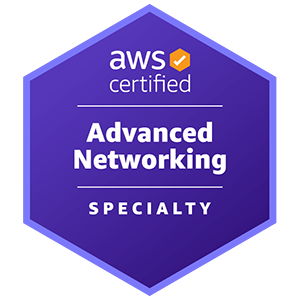
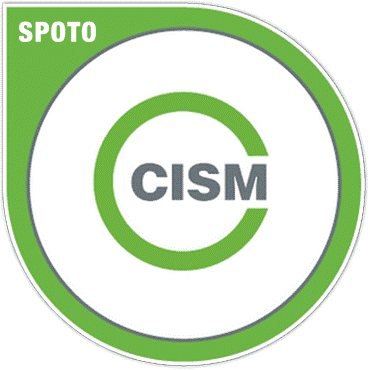


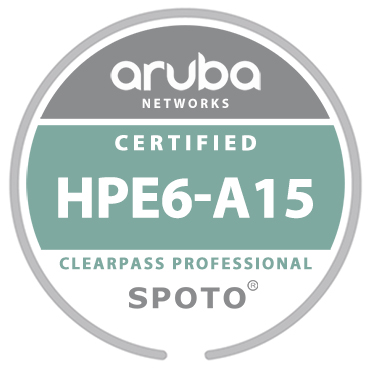
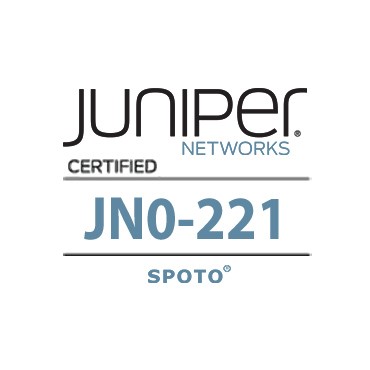
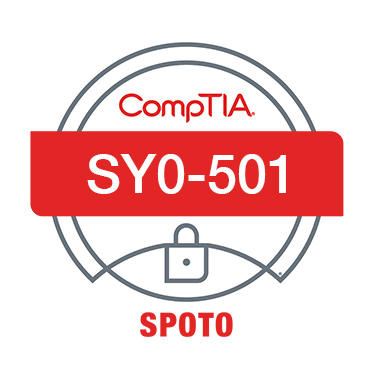
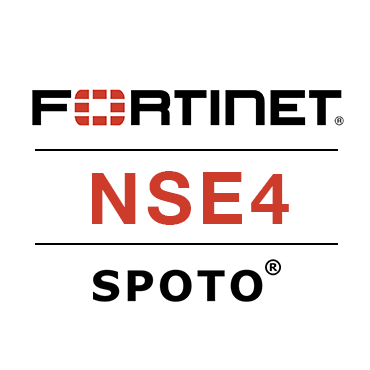
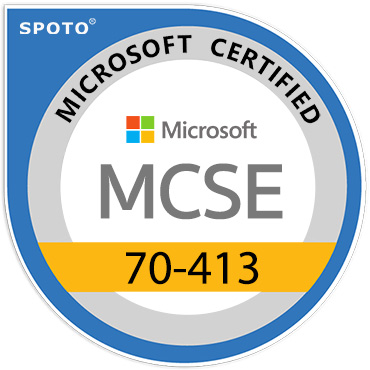

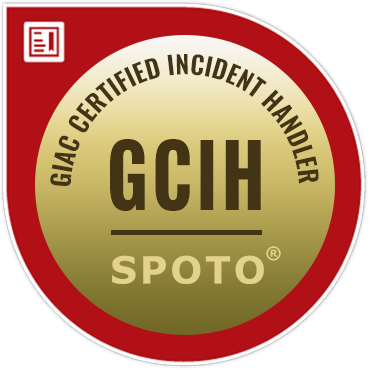

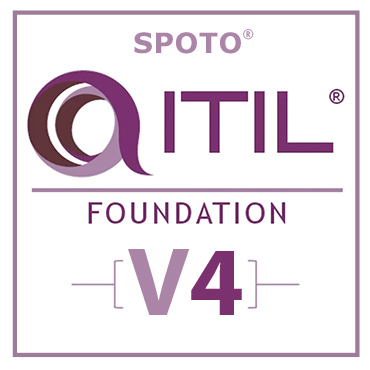
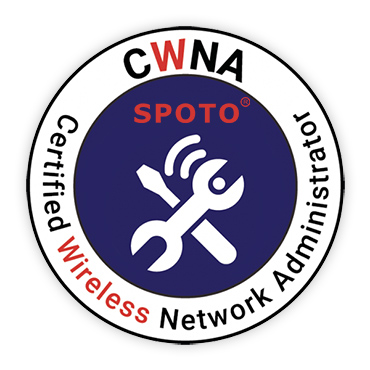



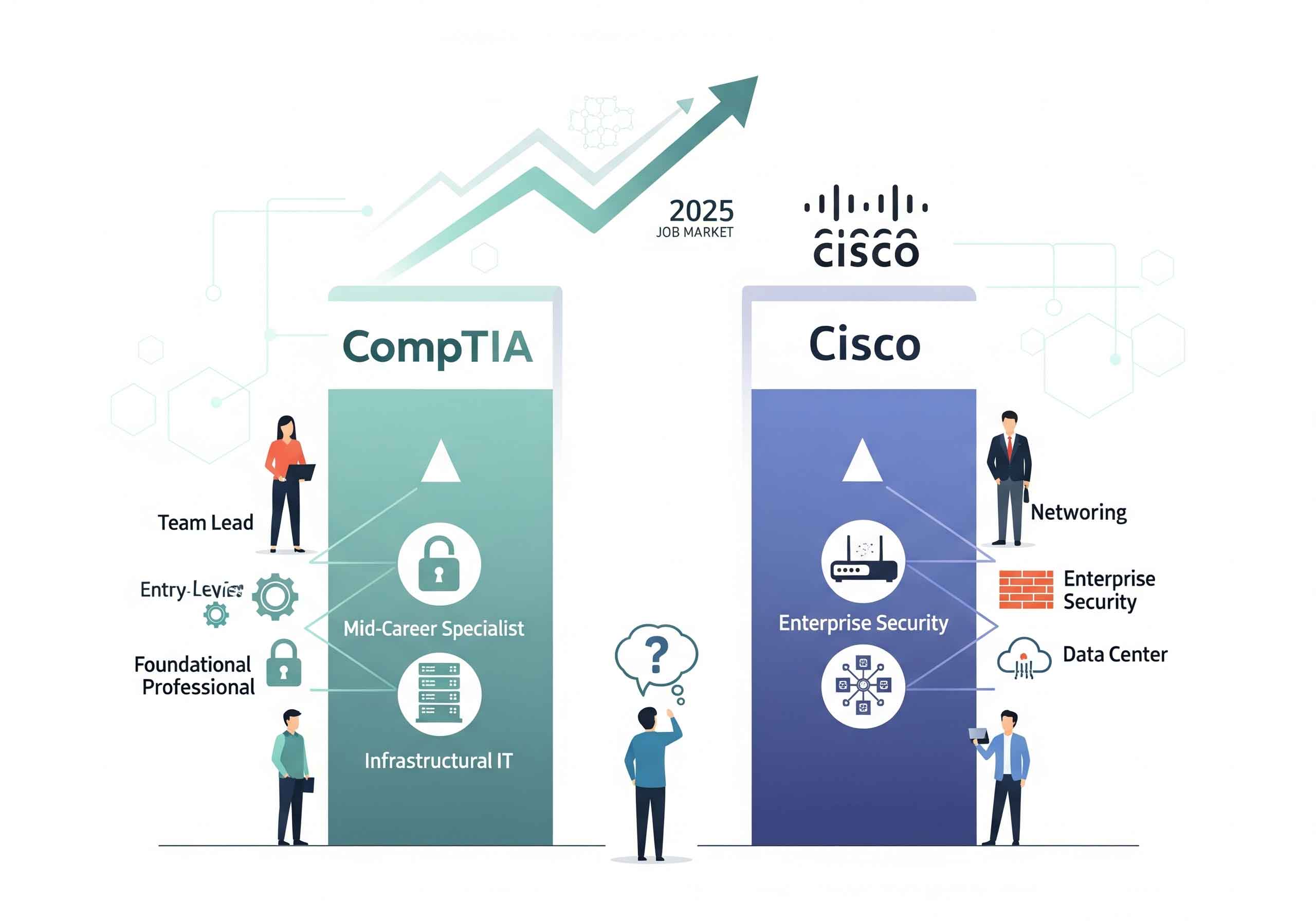
Comments